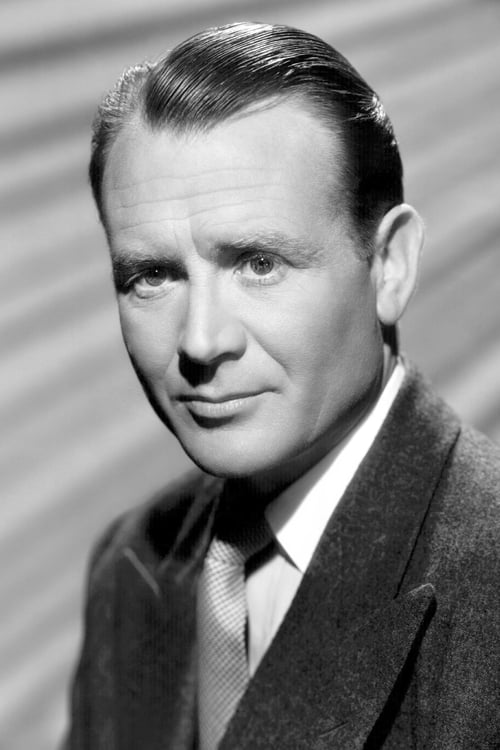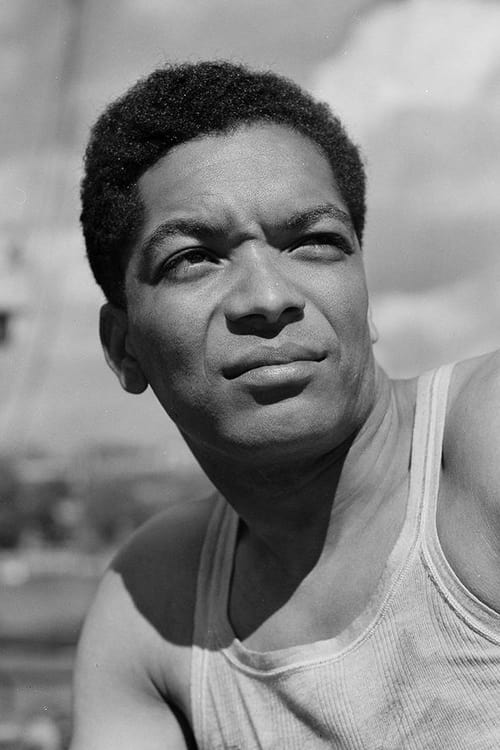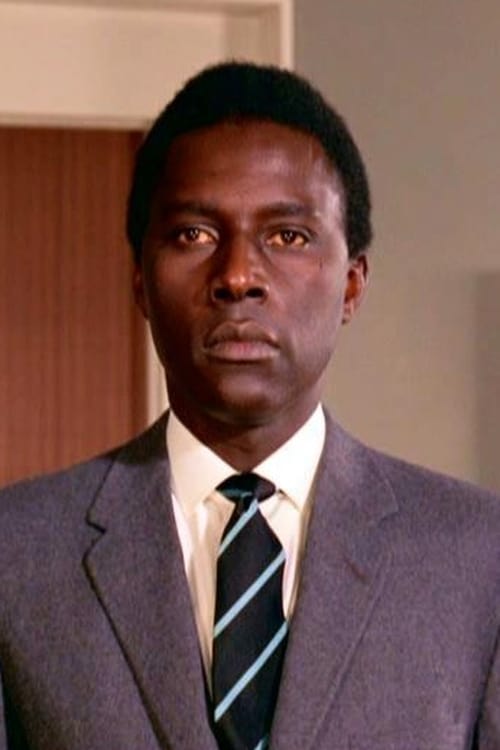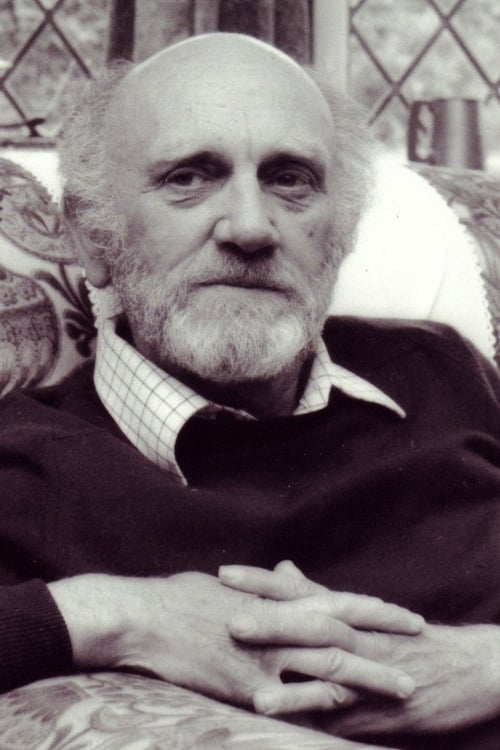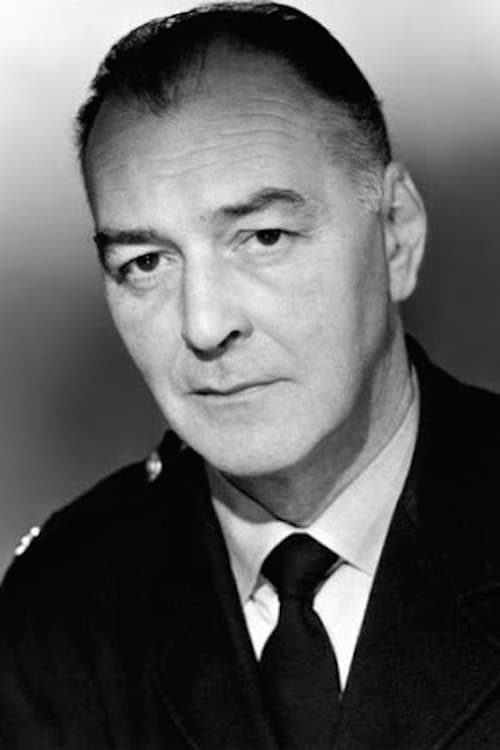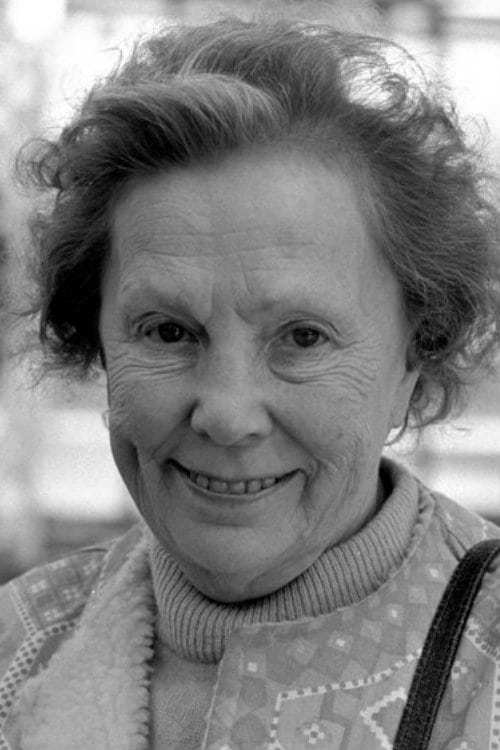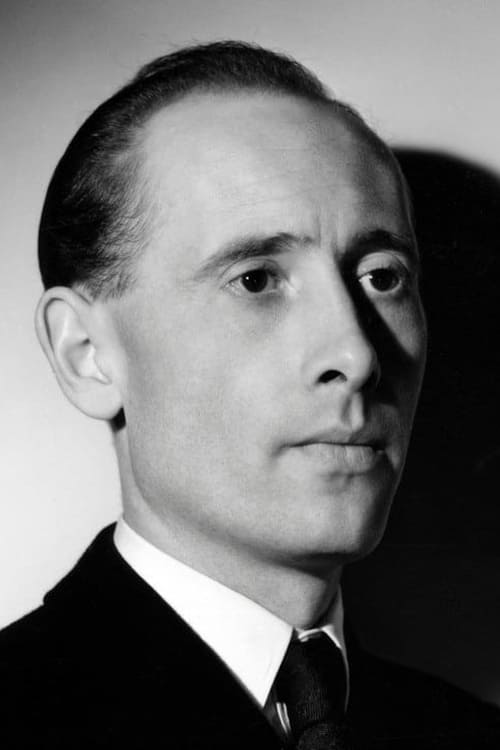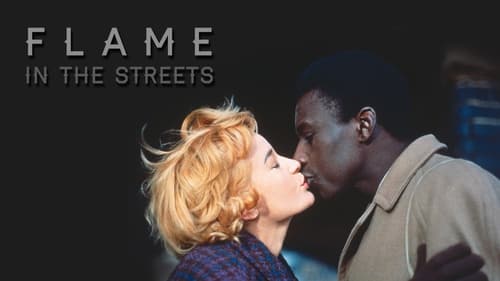Flame in the Streets (1961)
Emotional Dynamite!
Genre : Drama
Runtime : 1H 33M
Director : Roy Ward Baker
Writer : Ted Willis
Synopsis
Flame in the Streets is a 1961 British drama film directed by Roy Ward Baker. Racial tensions manifest themselves at home, work and on the streets during Bonfire Night in the burgeoning West Indian community of early 1960s Britain. Trades union leader (Mills) fights for the rights of a black worker but struggles with the news that his own daughter is planning to marry a West Indian, much against his own logic and the prejudice of his wife.
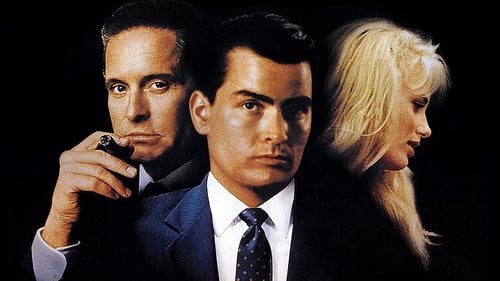
A young and impatient stockbroker is willing to do anything to get to the top, including trading on illegal inside information taken through a ruthless and greedy corporate raider whom takes the youth under his wing.
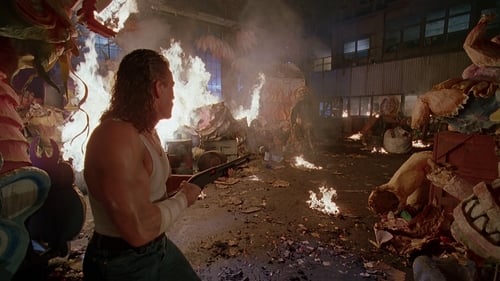
When a woman's father goes missing, she enlists a local to aid in her search. The pair soon discover that her father has died at the hands of a wealthy sportsman who hunts homeless men as a form of recreation.
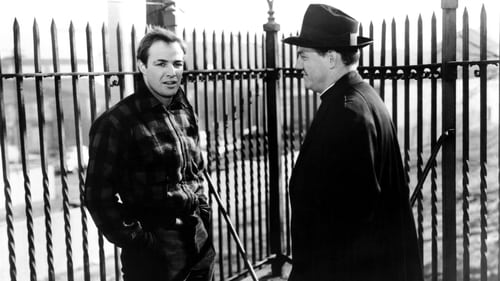
Terry Malloy dreams about being a prize fighter, while tending his pigeons and running errands at the docks for Johnny Friendly, the corrupt boss of the dockers union. Terry witnesses a murder by two of Johnny's thugs, and later meets the dead man's sister and feels responsible for his death. She introduces him to Father Barry, who tries to force him to provide information for the courts that will smash the dock racketeers.
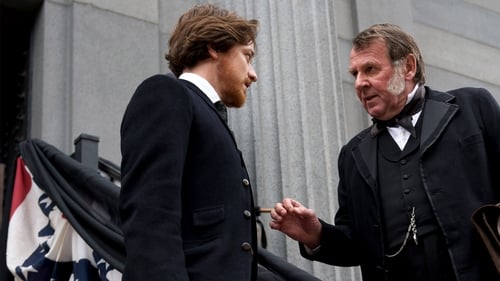
Mary Surratt is the lone female charged as a co-conspirator in the assassination trial of Abraham Lincoln. As the whole nation turns against her, she is forced to rely on her reluctant lawyer to uncover the truth and save her life.

Martin Blank is a hitman for hire. When he starts to develop a conscience, he botches a couple of routine jobs. On the advice of his secretary and his psychiatrist, he decides to attend his ten-year high school reunion in Grosse Pointe, Michigan.
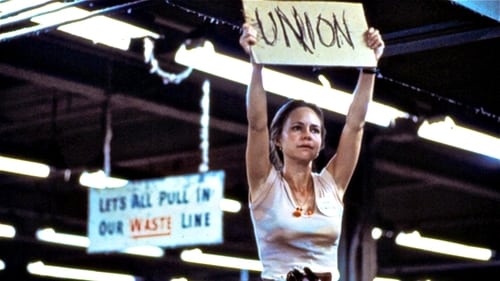
Norma Rae is a southern textile worker employed in a factory with intolerable working conditions. This concern about the situation gives her the gumption to be the key associate to a visiting labor union organizer. Together, they undertake the difficult, and possibly dangerous, struggle to unionize her factory.
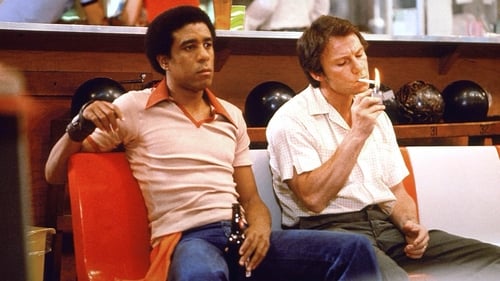
Fed up with mistreatment at the hands of both management and union brass, and coupled with financial hardships on each man's end, three auto assembly line workers hatch a plan to rob a safe at union headquarters.
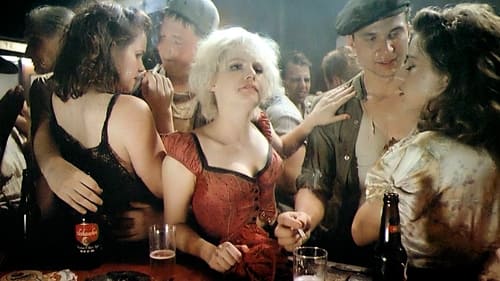
A gallery of characters in Brooklyn in the 1950s are crushed by their surroundings and selves: a union strike leader discovers he is gay; a prostitute falls in love with one of her clients; a family cannot cope with the fact that their daughter is illegitimately pregnant.
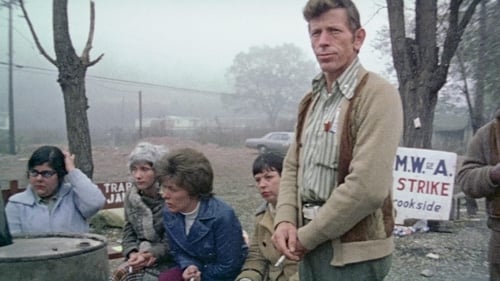
This film documents the coal miners' strike against the Brookside Mine of the Eastover Mining Company in Harlan County, Kentucky in June, 1973. Eastovers refusal to sign a contract (when the miners joined with the United Mine Workers of America) led to the strike, which lasted more than a year and included violent battles between gun-toting company thugs/scabs and the picketing miners and their supportive women-folk. Director Barbara Kopple puts the strike into perspective by giving us some background on the historical plight of the miners and some history of the UMWA.

Acclaimed director Stanley Kubrick's first film made in color. The documentary focuses on the benefits of membership to the Seafarers International Union.

In 1969, an administrator runs against the corrupt president of the United Coal Miners Union, and becomes the target of a murder plot.

Pouvoir Oublier is a political documentary first constructed from the words of the speakers whose lives changed on the tragic day of May 10, 1972 in Sept-Îles. Their word will be juxtaposed with archival material from the events, some of which are unpublished, which will reflect the collective euphoria in which Sept-Îles and all of Quebec were then bathed.
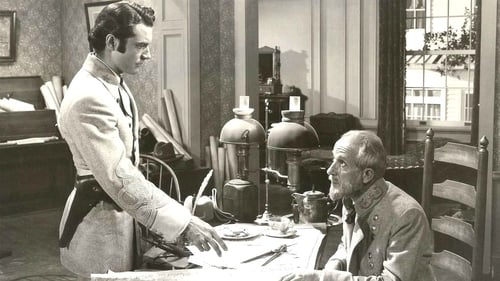
Set at the beginning of the Civil War, Tap Roots is all about a county in Mississippi which chooses to secede from the state rather than enter the conflict. The county is protected from the Confederacy by an abolitionist and a Native American gentleman. The abolitionist's daughter is courted by a powerful newspaper publisher when her fiance, a confederate officer, elopes with the girl's sister. The daughter at first resists the publisher's attentions, but turns to him for aid when her ex-fiance plans to capture the seceding county on behalf of the South.
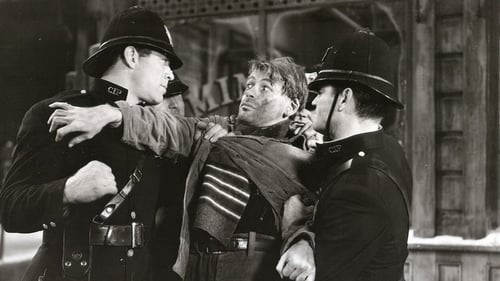
A simple Pennsylvania coal miner is drawn into the violent conflict between union workers and management.
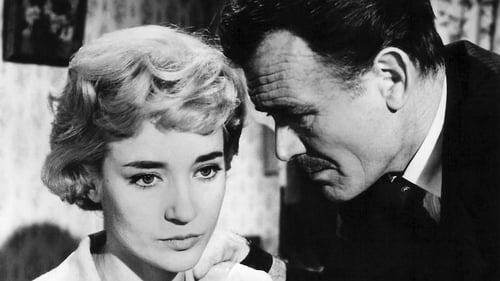
Flame in the Streets is a 1961 British drama film directed by Roy Ward Baker. Racial tensions manifest themselves at home, work and on the streets during Bonfire Night in the burgeoning West Indian community of early 1960s Britain. Trades union leader (Mills) fights for the rights of a black worker but struggles with the news that his own daughter is planning to marry a West Indian, much against his own logic and the prejudice of his wife.
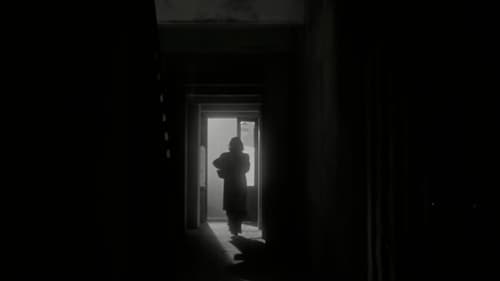
The disaffected wife of a failed civil servant, is thrilled to re-encounter Octavio, a former lover who is now a union activist on the run from a corrupt politician. Hoping to help him, she descends into the Mexican underworld, where she finds a purpose-and a thrill-missing from her married life.

Takashi Fujiki stars as a rebel in this drama about life on the Yokohama waterfront by New Wave director Masahiro Shinoda. The rebel works as an errand boy for a shipping company and vents his frustrations by plucking on the guitar. His interpretations of popular trends in music are sometimes right-on, and sometimes not exactly. Bereft of his guitar, the rebel's modes of expression are not as effective in generating interest as the Yokohama docks themselves, a fascinating world in their own right.

Two Union soldiers maintaining a position on a riverbank negotiate a one-hour truce with the Confederate soldier manning the opposite bank. During the hour, they gain respect for one another as they trade tobacco, enjoy some fishing and make an unsettling discovery.

In 1986, Louis Malle (himself a transplant to the United States) set out to investigate the ever-widening range of immigrant experience in America. Interviewing a variety of newcomers — from teachers to astronauts to doctors — in communities from coast to coast, Malle paints a humane portrait of their individual struggles in an increasingly polyglot nation.

A union leader dies in a sleazy hotel room, then the wife, mistress, police, co workers, reporters, colleagues, and political figures arrive to the hotel and each has its own intentions.

